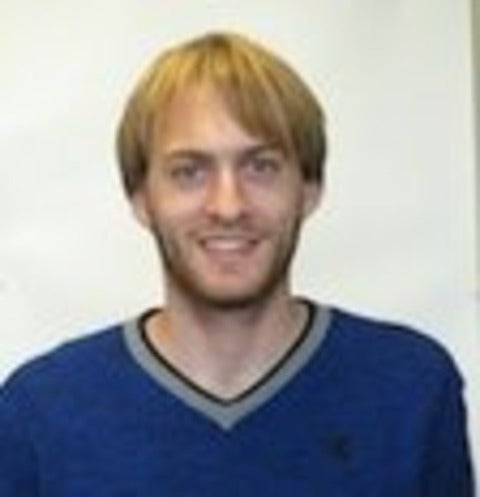Seminar: Ankit Garg
A deterministic polynomial time algorithm for word problem for the free skew field
Ankit Garg, Princeton University
We study the word problem for the free skew field of non-commutative rational functions. We prove that an existing algorithm due to Gurvits is actually a deterministic polynomial time algorithm for this problem (over the rationals). Our analysis is simple, providing explicit bounds on the "capacity'' measure of totally positive operators introduced by Gurvits.

 Sean Walker of the Department of Chemistry will be defending his thesis:
Sean Walker of the Department of Chemistry will be defending his thesis: